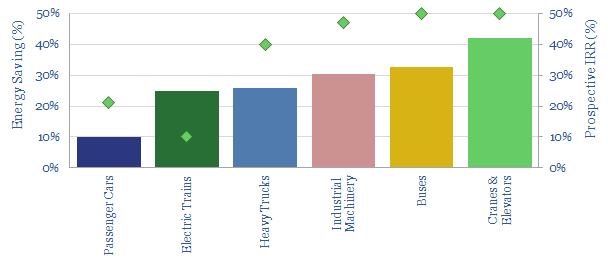
Supercapacitors may eclipse lithium ion batteries? This research report outlines the opportunity for supercapacitors in transport and industry. Their energy density is improving. Potential CO2 savings could surpass 1bn tons…
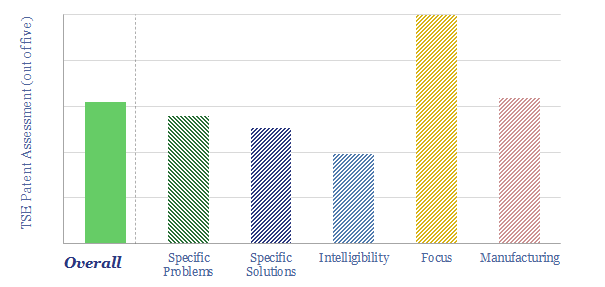
…lithium ion batteries in the world. This data-file assesses whether it has made a breakthrough in sodium ion batteries. $399.00 – Purchase Checkout Added to cart Lithium shortages. Our review finds that…
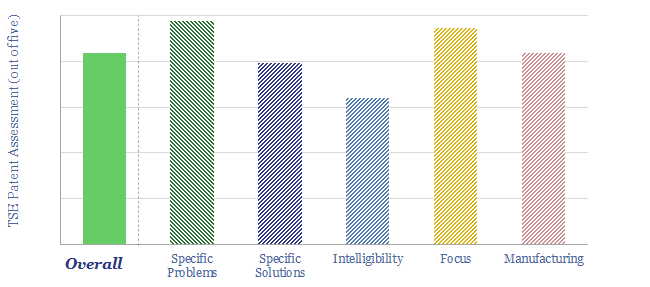
…silicon anode batteries in the past is swelling 3-4x when lithium ions intercalate. This can cause battery degradation, reviewed in detail in our note here. Amprius states that its technology…
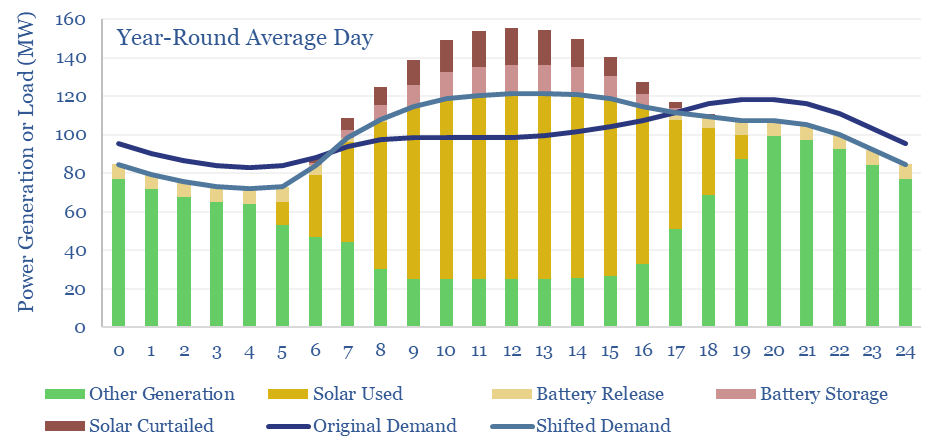
…below). The reason we think grids will lean less on batteries is the cost of batteries. Each MW of batteries charges and discharges 240 times per year, which implies a…
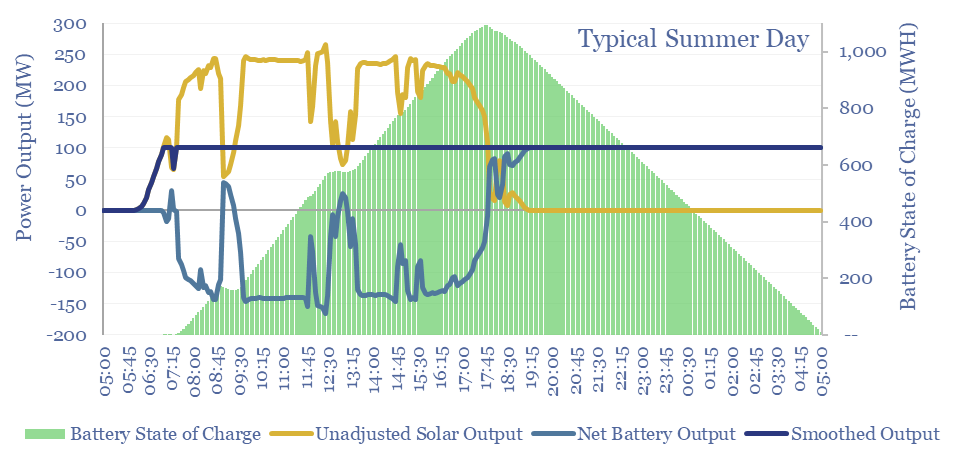
…different batteries achieve, if they are charged exclusively with solar generation. Some decision-makers assume daily charging-discharging when modeling the economics of batteries, but this is shown to be much too…

…cap at the time of writing. Hence could Groq displace or even dethrone NVIDIA, by analogy to other technologies we have seen (e.g., the shift from NMC to LFP in…
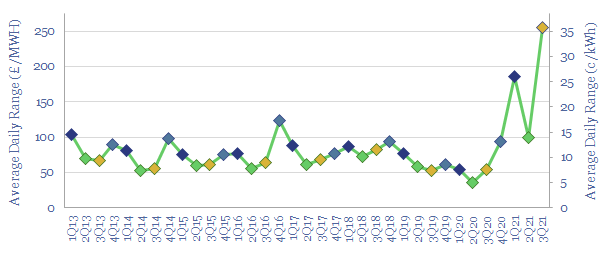
UK power price volatility exploded in 2021. The average daily range has risen 4x from 2019-20, to 35c/kWh in 3Q21. At this level, grid-scale batteries are strongly ‘in the money’….
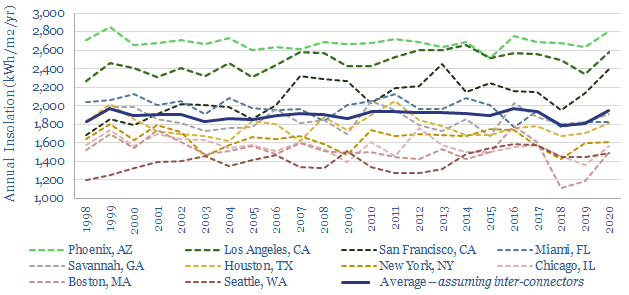
…indeed whether we have already entered this era (page 6). Can batteries offer a solution? We explore this option on page 7. The maths simply do not work and the…
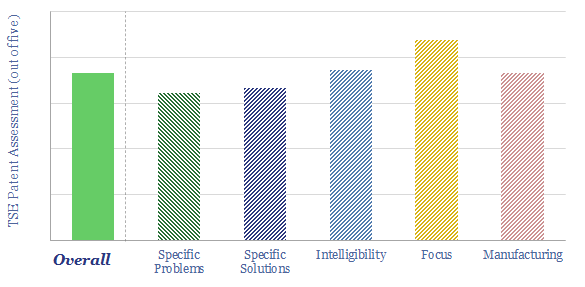
…software-side. This includes smart features allowing operators to control the way batteries are balanced. The technology also tracks whether batteries are still covered within warranty, on systems envisaged to have…
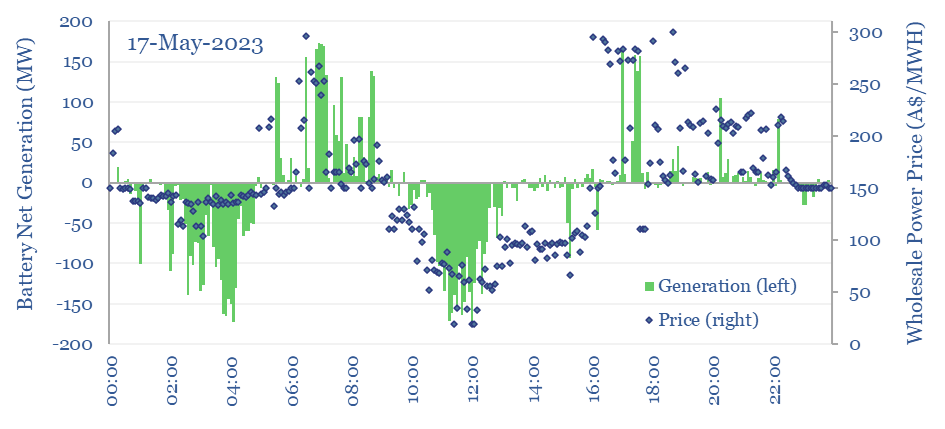
Grid-scale batteries are not simply operated to store up excess renewables and move them to non-windy and non-sunny moments, in order to increase renewables penetration rates. Their key practical rationale…










